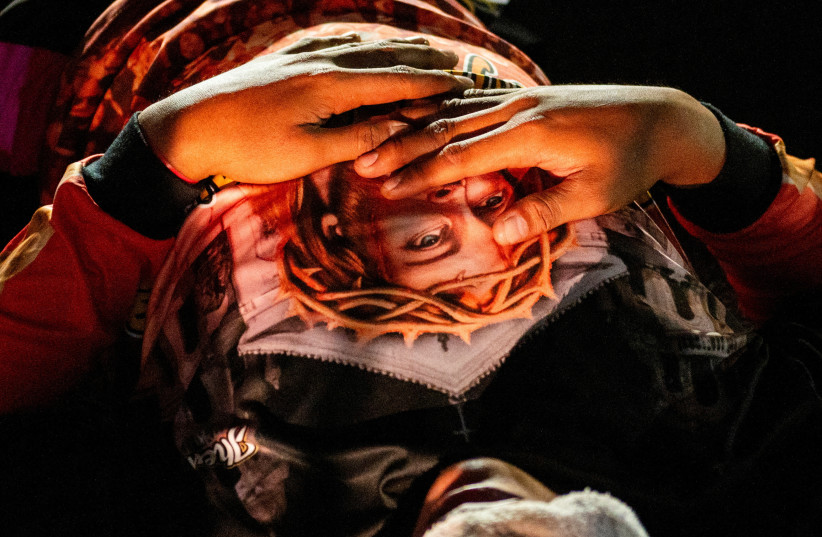More than six million Catholic devotees in the Philippines turned up for this year's procession to honor the Black Nazarene, turning the streets of the capital into a sea of maroon and yellow, in a grand display of religious devotion.
The centuries-old tradition of paying homage to the black wooden statue of Jesus Christ, believed to have healing powers, drew massive numbers of Catholics to take part in the procession, which in the last three years was canceled because of COVID-19.
"I am very pleased the old system is back and we get to do this again," said Jonathan Rancho, 52 who traveled with his wife and two children from Bulacan province to Manila to join the procession.

An early morning estimate by police put the crowd at more than 830,000 people, which later swelled to 6.5 million along the procession's 6-kilometer (3.7-mile) route, according to an official of the Quiapo church, home of the black statue.
Thousands of police were deployed to ensure order as many of the barefoot devotees tried to climb aboard the carriage holding the statue, which depicts Jesus shouldering a heavy cross.
It is not known why the statue, which was carved in Mexico and brought to the Philippines in the early 17th century, turned black. But a Philippine priest, Msgr. Sabino Vengco, claimed the image is dark through its core because it is made of mesquite wood.
About 80% of the country's 110 million people identify as Roman Catholic, a legacy of hundreds of years as a Spanish colony.
The procession, which lasted 15 hours, was generally peaceful, although the Philippine Red Cross said hundreds needed medical attention due to injuries.
